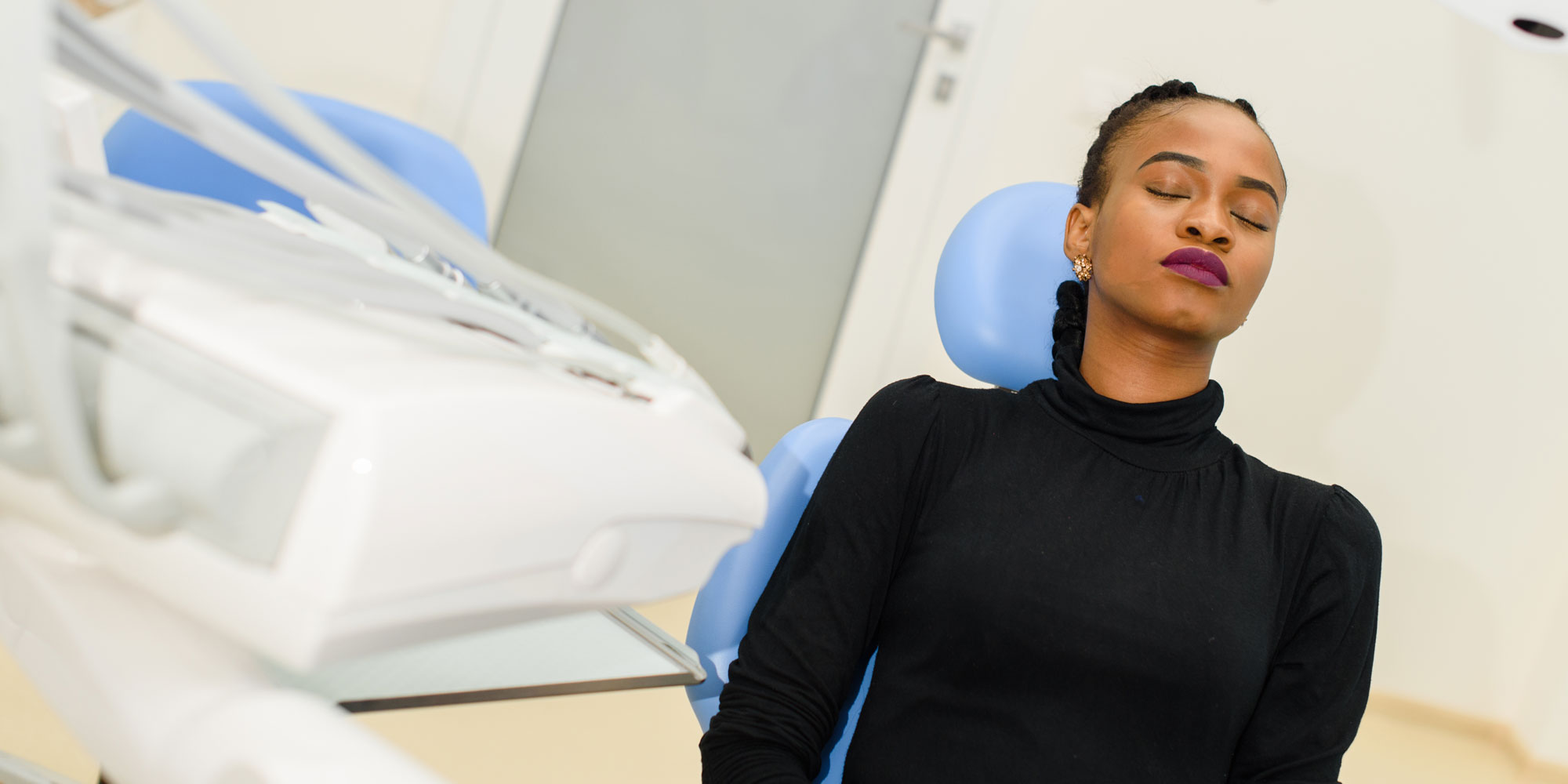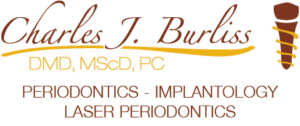
Many people avoid going to the dentist because they experienced traumatic care as a child, suffered painful procedures as an adult, or are influenced by the stereotypes they see on TV and movies. Even when they experience warning signs like pain in the mouth, many people avoid seeking treatment because of the fear they experience. At our office we understand these feelings and want to help. Whether you just need a routine cleaning or a brand-new smile, we offer sedation dentistry to make your experience comfortable and relaxing. We partner with experienced anesthesiologists at Blue Sky Anesthesia Associates to offer IV sedation in-house, so you can remain in the comfort and familiarity of our office for your treatment.
Sedation dentistry is used by many dentists to provide a relaxing, calming experience for patients who are afraid of going to the dentist and/or having dental procedures performed. There are many forms of sedation that can be administered in a variety of ways such as intravenous (IV) sedation, or oral sedation. This variety of sedation methods offers dentists the flexibility of three levels of sedation – minimal, moderate, and deep – depending on the level of anxiety the patient experiences.

Candidates for Sedation Dentistry include people who have:
